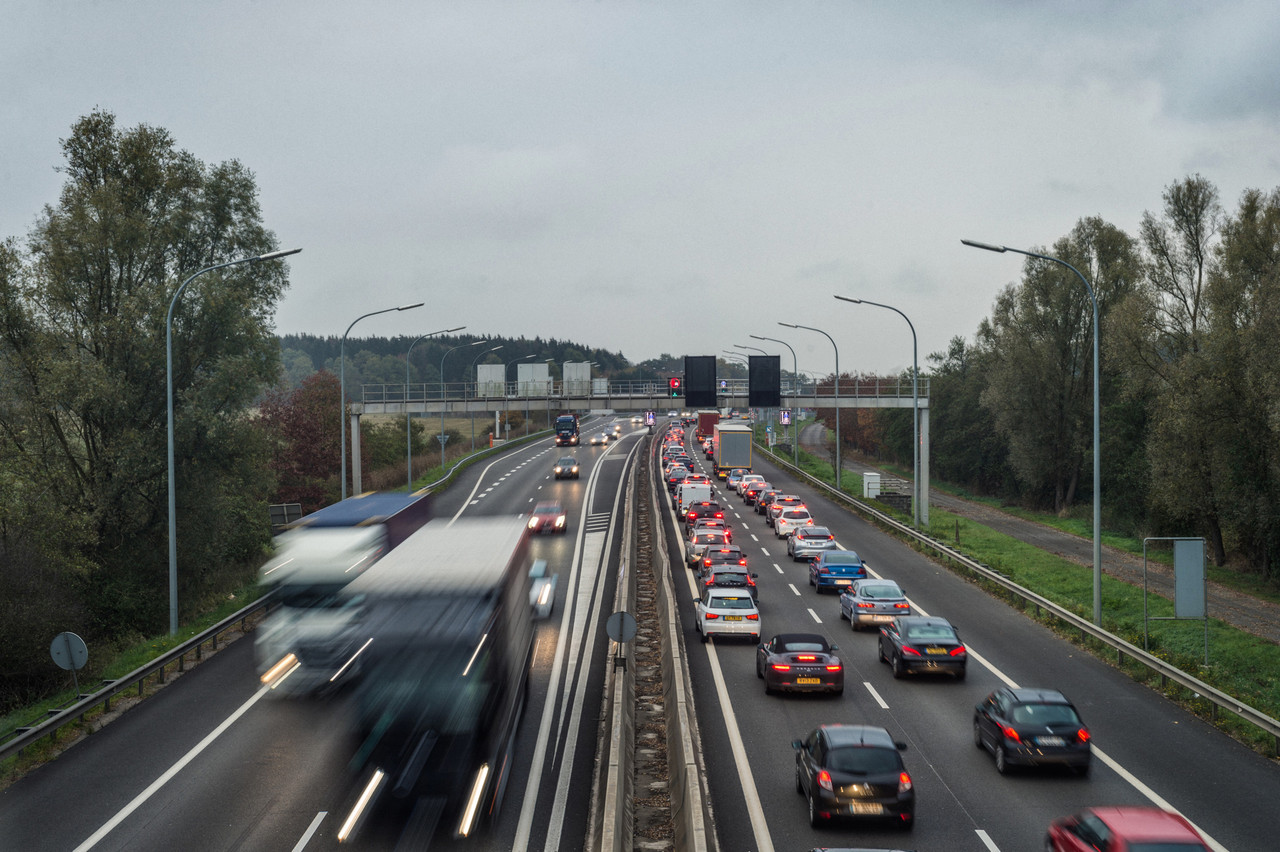Eurostat in a said that greenhouse gas emissions generated by the economic activities of EU residents stood at 3.5bn tonnes of CO2 equivalent, down from 4.6bn in 2008 (-24%) and 3.8bn in 2019 (-9%).
The numbers include 64 economic activities, grouped into six categories--manufacturing; electricity, gas, steam and air conditioning supply; agriculture, forestry and fishing; water supply, construction and other service activities; transportation and storage; and mining and quarrying--as well as emissions from households.
The largest relative decrease of greenhouse gas emissions was recorded in the supply of electricity, gas, steam and air conditioning (-41%), followed by mining and quarrying (-38%) and manufacturing (-27%).
But Luxembourg bucked the trend. Emissions between 2008 and 2019, rather than dropping grew from 10.1m tonnes of CO2 equivalent to 10.7m tonnes. In 2020, they dropped by just 2% compared to 2008, to 9.9m.
Transportation and storage was Luxembourg’s biggest climate killer, growing from 3.6m tonnes of CO2 equivalent in 2008 to 5.3m in 2019, dropping to 4.6m tonnes in 2020.
The EU’s statistics office did not indicate how much of the missions drop was due to lockdown measures. In a previous study, it said emissions in Luxembourg in 2020.
Eurostat published the data as Luxembourg is looking to involve its citizens in climate policy through a that will debate solutions to the climate crisis and make proposals to the government. Prime minister Xavier Bettel (DP) and environment minister Carole Dieschbourg (Déi Gréng) during a press conference on 5 January had said that the council is a way for citizens to show how far they are prepared to go for the environment.
Luxembourg has pledged to reduce emissions by 55% by 2030 and become carbon neutral by mid-century. It has enshrined these targets into law and, as part of EU rules, adopted a national climate and energy plan (NCEP), setting out strategies on how to get there.
Emissions targets have been set for , with construction to reduce emissions by 64% compared to 2005 by 2030. The transport sector will have to reduce emissions by 57%, with a 45% target for energy and other industry.
But environmental groups have warned that Luxembourg will miss its targets if it doesn’t do more.
The state is expected to on climate and environmental policy this year, with this amount rising to €975m by 2024, roughly doubling from 2019, when the government budgeted €445m on climate spending.
